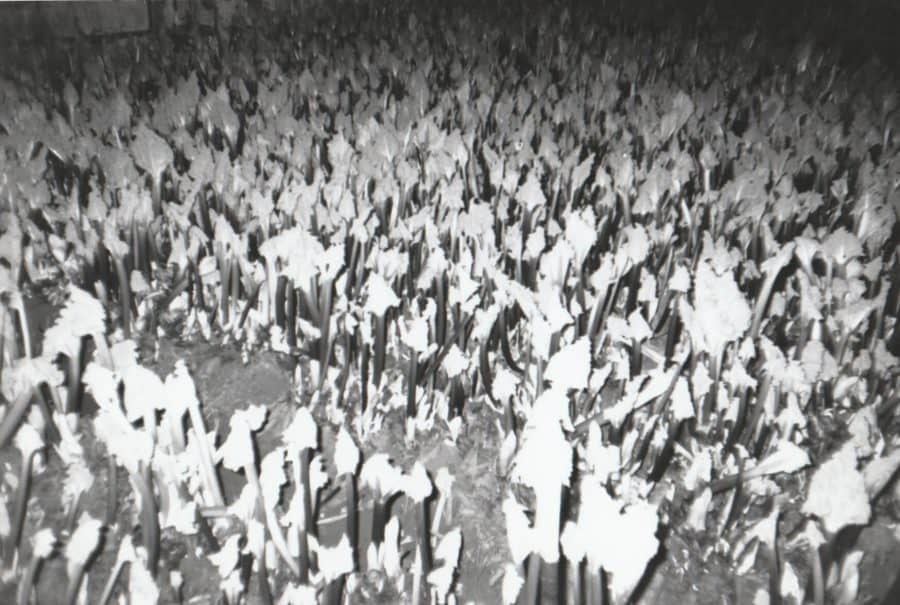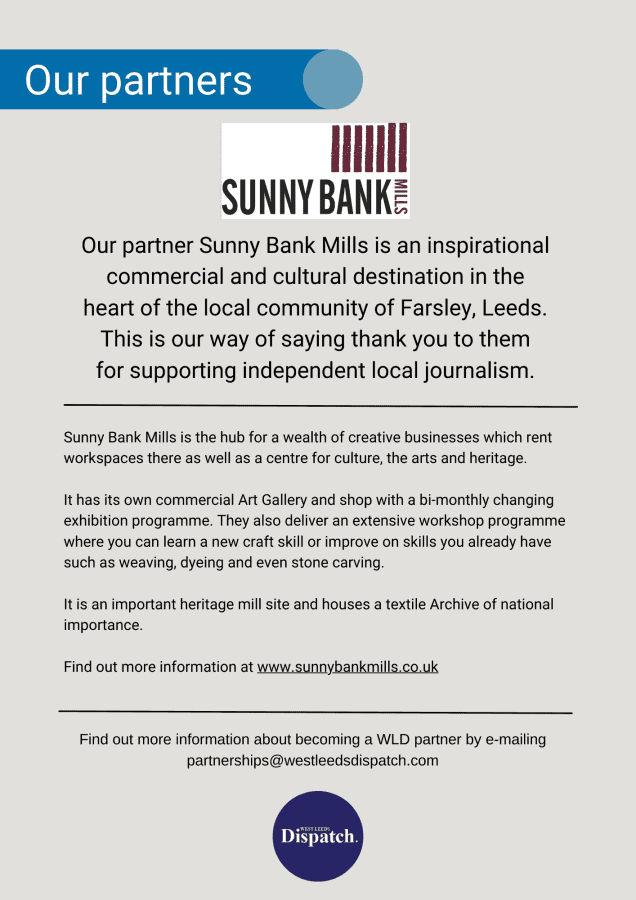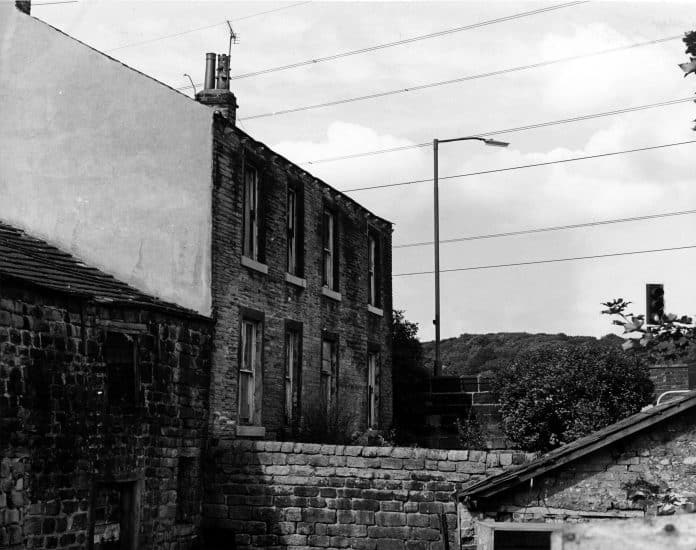Leeds Civic Trust is unveiling a blue plaque in West Leeds to celebrate pioneering rhubarb farmer Joseph Whitwell.
Mr Whitwell led the commercial production of forced rhubarb at Hollybush Farm, off Broad Lane, and was the largest grower in a single location at the time. The site is now home to the TCV Hollybush Conservation Centre.
The wording for the blue plaque is:
Joseph Whitwell
He pioneered the cultivation of forced rhubarb at scale, here at his 70-acre farm.
The Royal Agricultural Society reported in 1871 that he was the ‘largest grower of forced rhubarb in any single location in the UK’.
Since 1979, Hollybush Farm has been home to The Conservation Volunteers.
1832 – 1890’
Leeds Civic Trust Director Martin Hamilton said: “West Yorkshire is rightly proud of its rhubarb tradition, but people may not be aware that Leeds pioneered forced rhubarb production at a commercial scale. We hope that this blue plaque will ensure that people are more aware of this unique part of the city’s farming history.”
Lucy Wheeler, from Hollybush, said: “The Conservation Volunteers rescued the derelict farmstead in 1979, working with local volunteers to restore its land and buildings. Hollybush is now a thriving conservation and wellbeing centre with gardens, workshops and community café supporting 10,000 visitors and volunteers a year.
“We are delighted to be receiving a blue plaque, which recognises the history of the site and the special place Hollybush has in the local community.”
The blue plaque will be unveiled at 4pm on 5 June at Hollybush Conservation Centre, Broad Lane, Kirkstall.

Hollybush has a special place in the history of the Rhubarb Triangle thanks to Joseph Whitwell, who pioneered forcing rhubarb for commercial purposes at Hollybush Farm in the 1860s. The previous history of the farm is largely unknown, though dating of the buildings suggests that the property had been used for farming since at least the 1700s.
The Whitwell family lived in the Halton area of Leeds, and Joseph dabbled in a number of enterprises before becoming a gentleman rhubarb farmer, including training as a draper, becoming a seedsman, and running a brickworks. After marrying in 1860, Joseph ran a gardening business on Pontefract Lane, and this may be where he first experimented with the new technique of forcing rhubarb and realised its commercial potential.
On taking over Hollybush Farm, Joseph Whitwell and his family farmed an area of 70 acres of land in what was part of the Township of Bramley. By 1871, this huge enterprise was employing 28 people. Forced rhubarb was considered a delicacy, and his customers included The Ritz in London. In 1880 the Journal of the Royal Agricultural Society reported that Joseph Whitwell was the largest grower of forced rhubarb in a single location.
Hollybush Farm was divided by the railway line, which is one reason that it was a great location for farming. A train known as the Rhubarb Express would transport up to 200 tonnes of Yorkshire rhubarb daily to London to be sold at Covent Garden market.
Joseph Whitwell was still running a successful rhubarb business from Hollybush on his death in 1890. However a report in the Solicitors Journal later that year revealed a dispute between his son Arthur and other members of the family over who should remain in possession of the farm, the outcome of which is not known.

Leeds Civic Trust is a charity established in 1965 that promotes the improvements of Leeds in the spheres of planning, architecture, heritage, and city amenities. It is responsible for the “blue plaque” scheme in the city.
The historic blue plaques scheme celebrates people, places, events and buildings that have made an important contribution to the city development.
Sponsored content



I was interested in the rhubarb blue plaque article as my uncle Squire Binks also grew rhubarb in Bramley and sent it to London on the train.His farm on Boggart? Lane was called New York farm and I also remember that he said he had a brother Arthur who played rugby for England.I think there was another famous rugby player called Squire from Bramley.